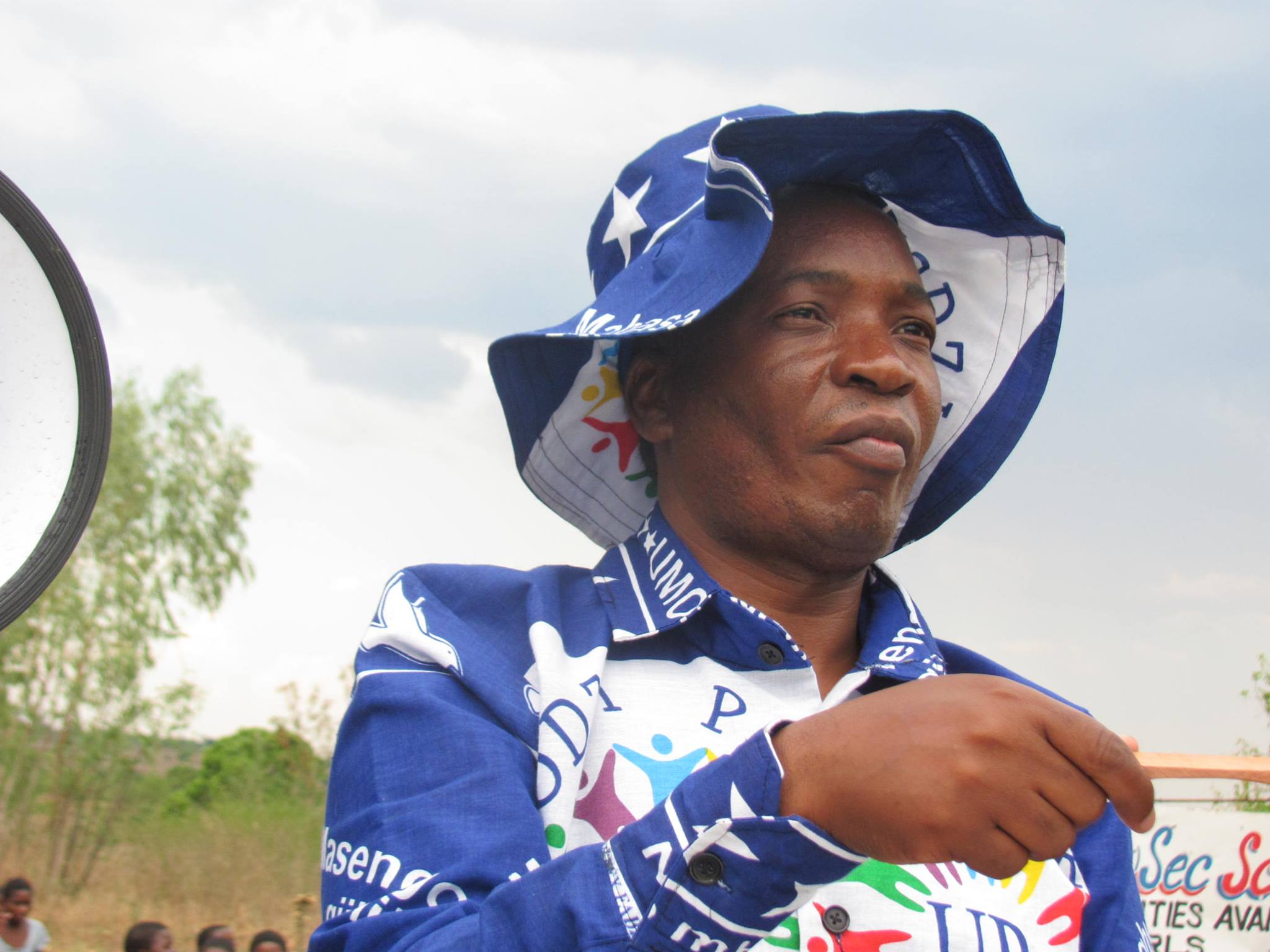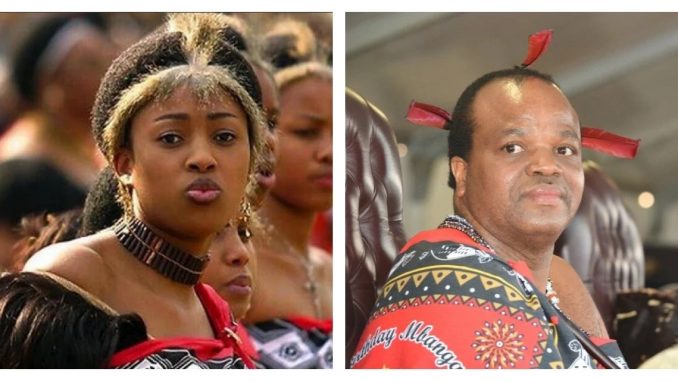President Joyce Banda has promised to reward with a sum of K2 million the one who will lead to the author of a resignation letter she denies authoring.

The promise came after State House Press Officer, Mr Tusekele Mwanyongo, had a day before the President’s denial issued a statement where he raised four issues:
1. That the President didn’t author the said letter.
2. That the letter was authored by desperate enemies of the state who are bent at sabotaging the peace that prevails in the country
3. That forging the President signature is a crime of treason
4. That the law enforcement agents have since gone to work to locate the culprits and bring them to book.
It is our view that this matter remains speculative because real facts have not been established. In other words, it has not been established beyond any reasonable doubt that the letter was not authored by the President. Likewise facts are not available to attest to the claim that the letter was authored by “the enemies of state” who forged the Presidents signature.
Until all the facts are made available, our considered view is that any conclusion made in favour of either of the positions is, at this stage, both premature and misleading.
We sound cynical towards the authenticity of all claims at this stage because we know the importance of entertaining all possibilities to the occurrence of a matter of this nature until all loose ends of facts have been tied.
We know of people who, themselves, deliberately create episodes of mischief with the aim of gaining the advantages of convenience.
We are aware of situations where politicians have deliberately leaked documents or used people to deliberately author or leak documents to gain political mileage (a) through diversion of public attention from a matter that could be gnawing at the politician or (b) through solicitation of public sympathy by ensuring that the mischievous act is crafted in such a way that the concerned politician is seen to be a victim.
From these premises, we will not be persuaded by the act of denial alone that the President did not, herself, author the letter. It is possible that she may have authored it not to resign, but to create a pretext for possibly achieving a number of things:
1. Being a president under pressure, the letter, seen to have been authored by her enemies, would generate sympathies for her as being a target of victimisation.
2. Being a president under pressure, the letter, seen to have been authored by her enemies, would create an impression that she is a strong candidate who can not be defeated at elections and, therefore, her enemies want to use unlawful means for getting her out of office.
3. Being president under pressure, the letter, seen to have been written by her enemies, would create some fuss which would divert the public attention from the pressing issues obtaining at the moment.
4. The letter could be used to create a reason for her to get at her enemies within or without the party.
5. The letter could be used to create a pretext for her to make decisions she would not ordinarily make.
As we have already pointed out, these are simply speculative possibilities which we are free to make at this stage because conclusive facts are not available, and benefiting from the history of politics, we believe that possibilities of this nature should not be dismissed outright.
Just as it is also possible that the letter may have indeed been authored by her detractors for various reasons that may include but not limited to:
1. To confuse and demoralise the followers of President Joyce Banda with the ultimate goal of weakening her political base.
2. To create conditions for anarchy in the country through the perception that there is a power vacuum
3. To embarrass the Head of State by exposing her medical problems and use them to deflate people’s confidence in her, so that when her supporters do not see her as a viable candidate her chances of winning the elections in 2014 would be limited.
Unfortunately chances of exploring all available possibilities as to who really authored the letter have been corrupted.
By promising a reward of K2 million as a reward for the apprehension of the author of the letter, President Banda has already defined and limited the area of search. She has excluded herself from the investigation, which should not be the case. This prejudices the outcome of the probe. An objective investigation in this regard should have been one whose terms of reference do not, before hand, rule out and conclude that Joyce Banda did not author the letter. If Joyce Banda didn’t author the letter herself, it should be the finding of an investigation, not a conclusion from her denial. It is should be established that her denial is, in-fact, truthful.
By promising the reward, Joyce Banda has already interfered with the process for an objective investigation. According to the laws of Malawi, initiating, conducting and managing investigations of this nature is the responsibility of the police. It should have been the police dangling the reward in the face of whoever would help them apprehend the culprit. By making that promise, the President automatically usurped the responsibilities of the police and limited the range of their investigation.
The statement by Mr Tusekele Mwanyongo makes matters worse as it confirms the fears expressed earlier in this article about the President’s liking to usurp powers of legally established state agencies. Mr Mwanyongo makes a claim that those that authored the letter and forged the President’s signature committed the crime of treason. These are the claims that are only made by an excited and misguided press officer.
Any well informed press officer would be aware that proffering charges against suspects is not the duty of State House. Had Mr Mwanyongo consulted the constitution of the Republic he would have realised that it is the Director of Public Prosecutions who has been given that responsibility, and the constitution expects him or her to discharge these responsibilities independently. The moment Mr Mwanyongo decided to double as both Press Officer and Director of Public Prosecutions, he was interfering with precepts of the Constitution.
A little consultations would also have helped Mr Mwanyongo to be aware that charges are placed against suspects after thorough investigations have been done. Because what will be the use of the law enforcement agents investigating the matter if State House already has a charge that the culprits must face? This conduct is tantamount to defeating the course of arriving at the ends of justice. It presses undue pressure on state agents to act in a manner that suits the already defined parameters by State House. This is the reason, in one instance, innocent people get victimised and, in another, the state loses cases because it pursues cases to please the Head of State instead of answering to the available evidence.
A little carefulness would also have advised Mr Mwanyongo that by saying in his statement that “forging the President’s signature is a crime”, he was in-fact confirming that what is in the letter is indeed the President’s signature. This strengthens the need to probe the possibility that the President, despite her denial, may have authored the letter to achieve a certain purpose.
Mr Mwanyongo needs reminding that any forgery, not just that of forging a President’s signature, is a crime punishable by the law. Treason my be Mr Mwanyongo’s preferred charge, but in law charges are not informed by preference, but the available evidence.
In conclusion, let this administration learn to give respect to the law and leave independent state organs to do their job without interference. It is sickening to note that after usurping the duties of the Department of Disaster Preparedness, Relief and Rehabilitation, the President now wants to become the Police and the Director of Public Prosecutions. And who knows, she might even want to become the judiciary? This appetite for power is dangerous!





No comments! Be the first commenter?